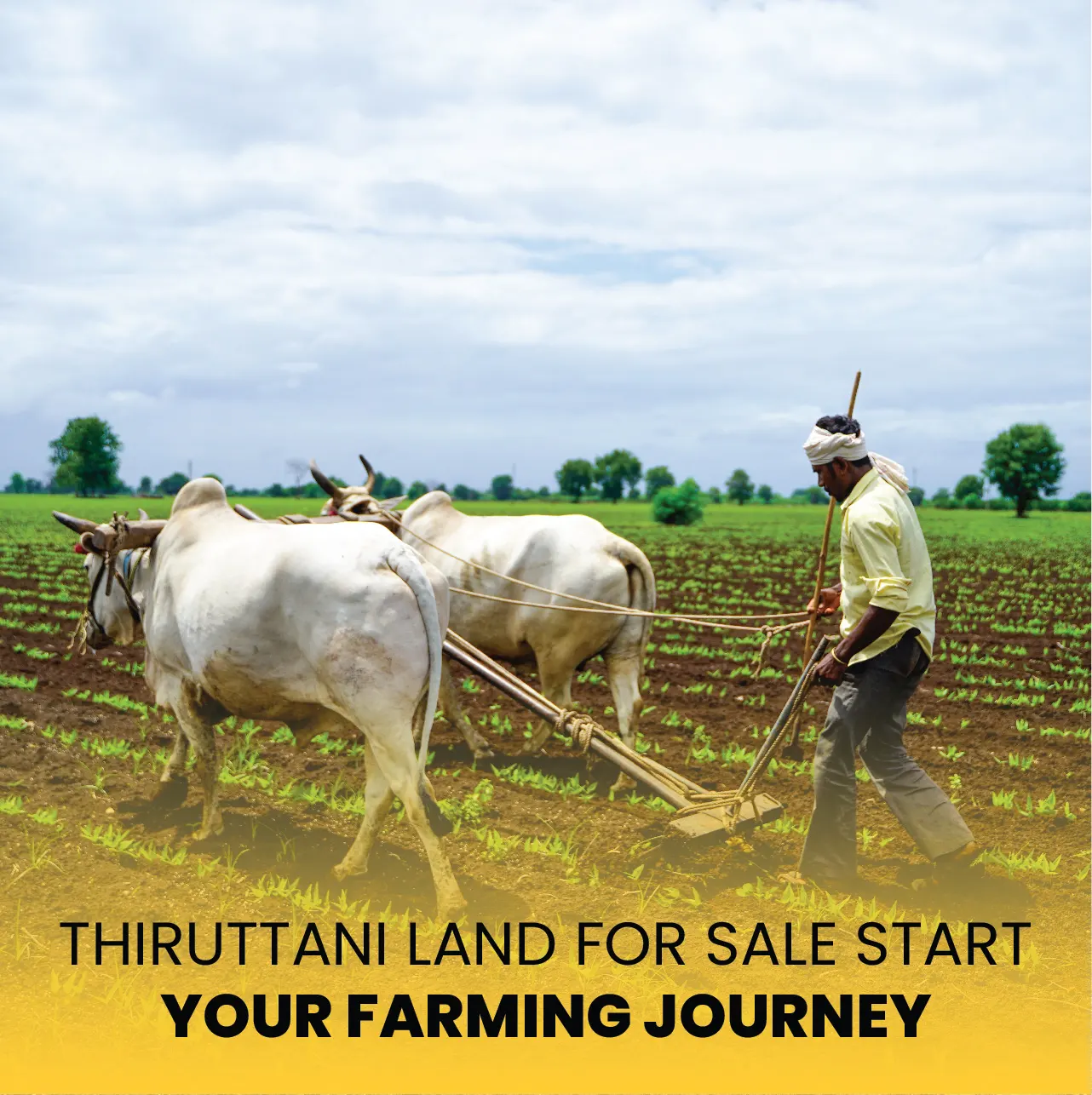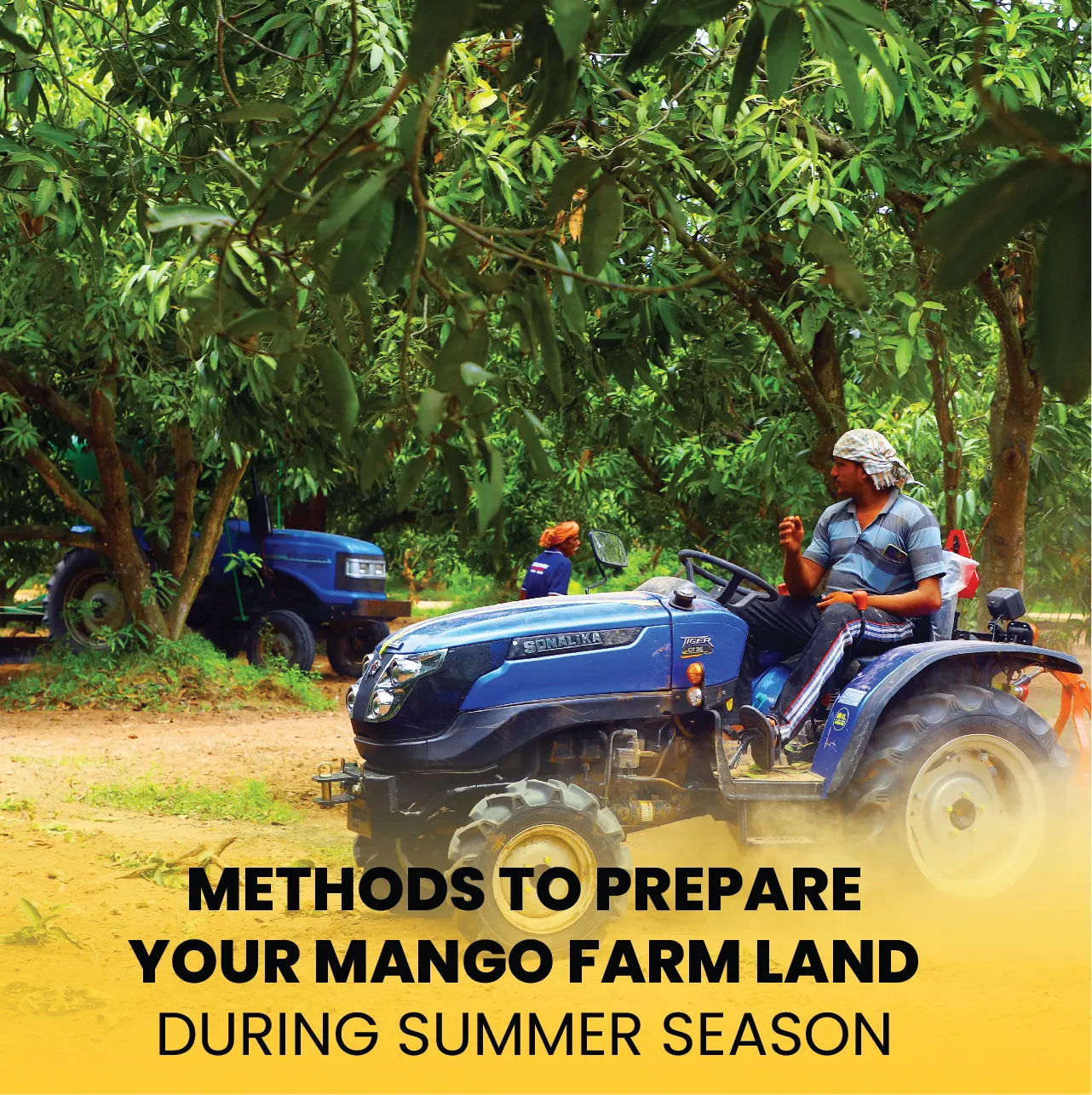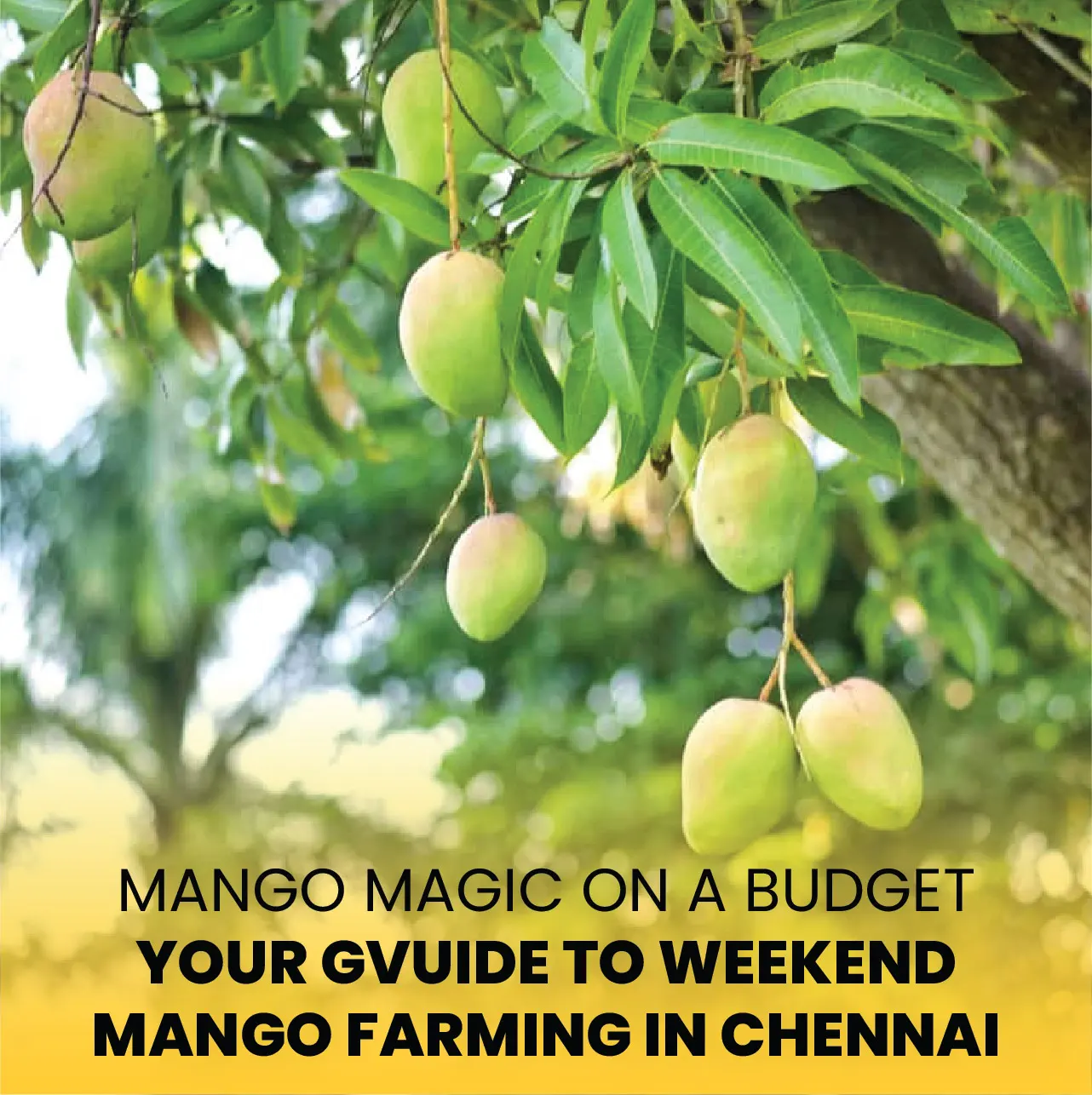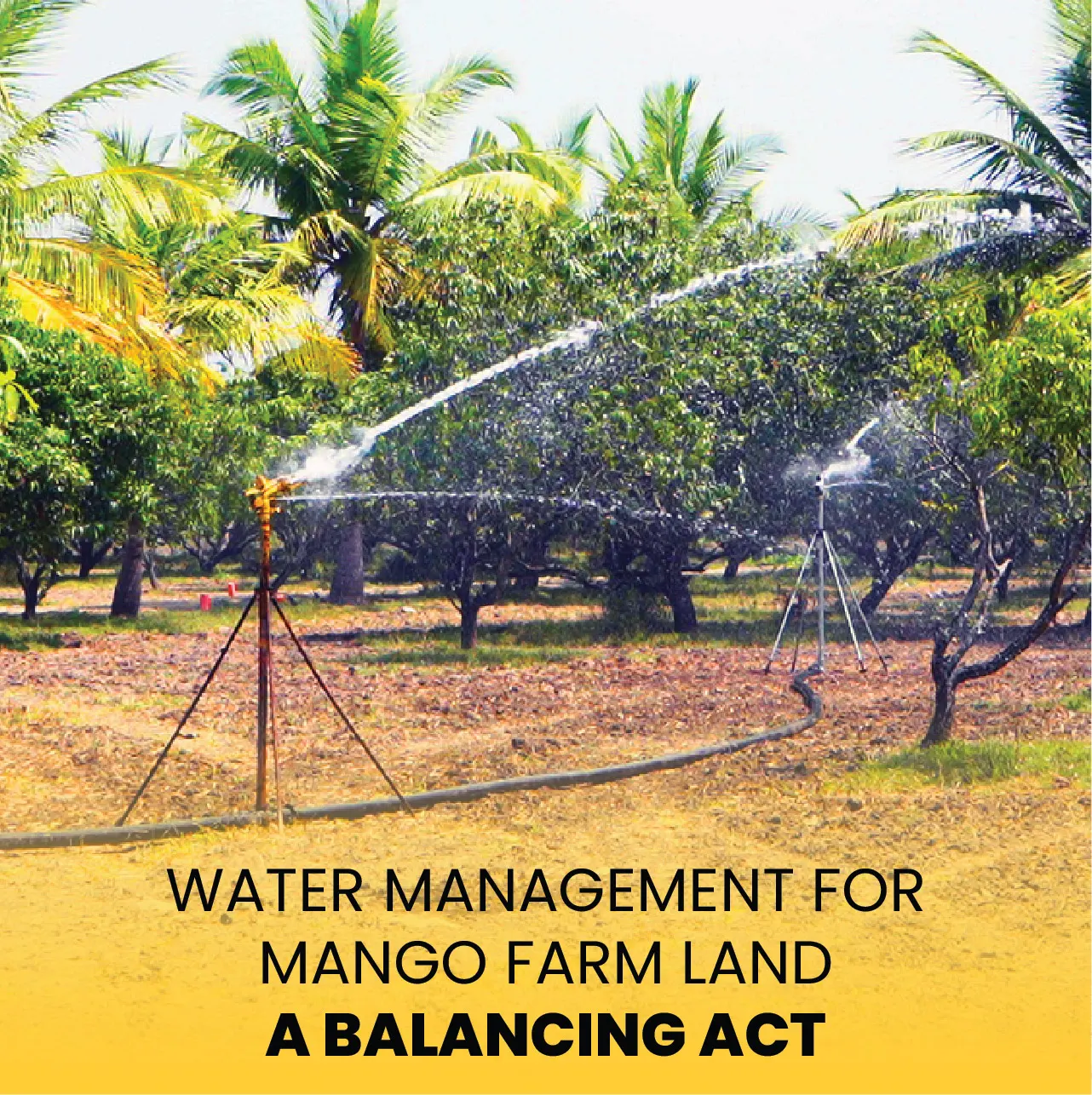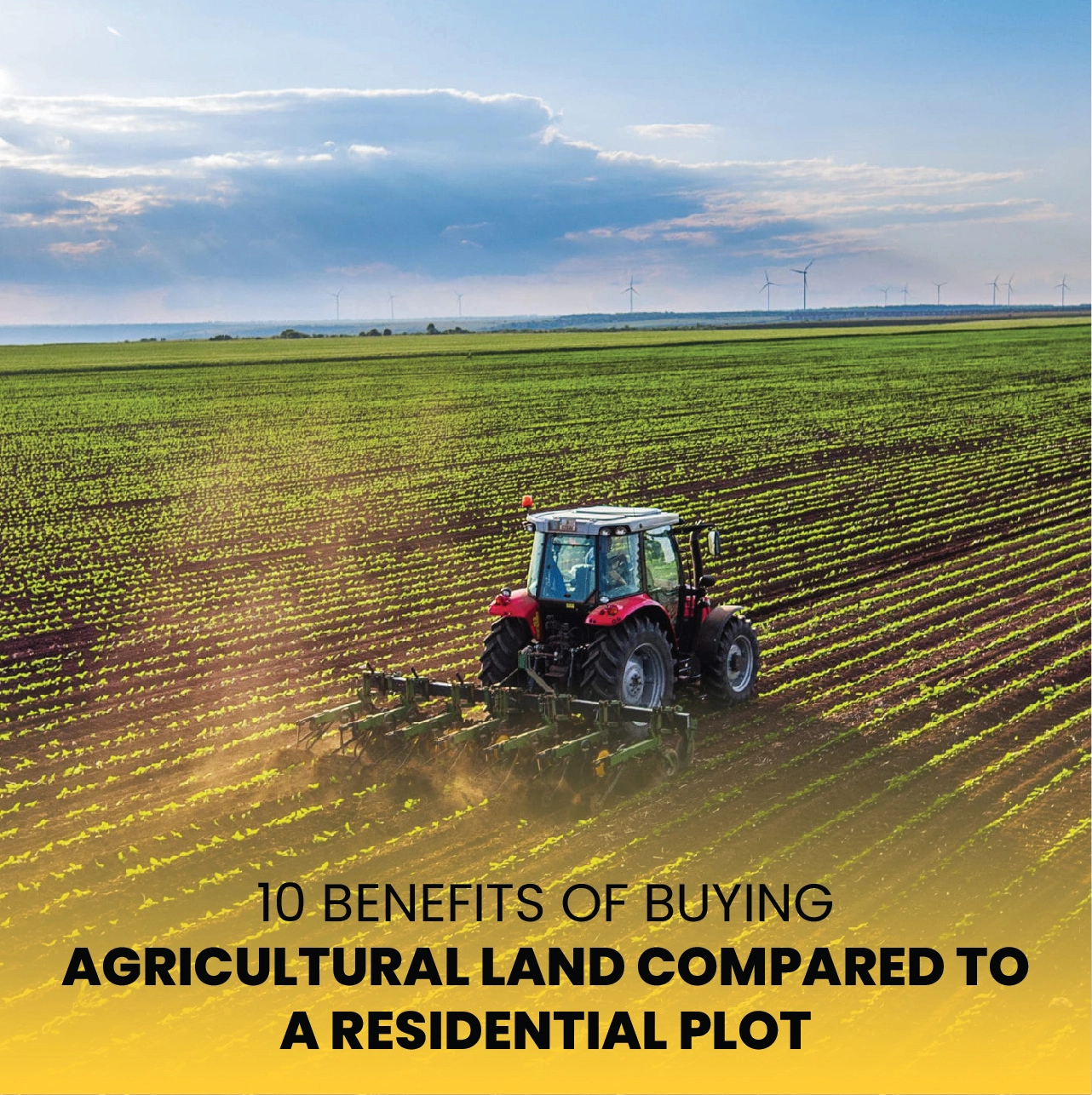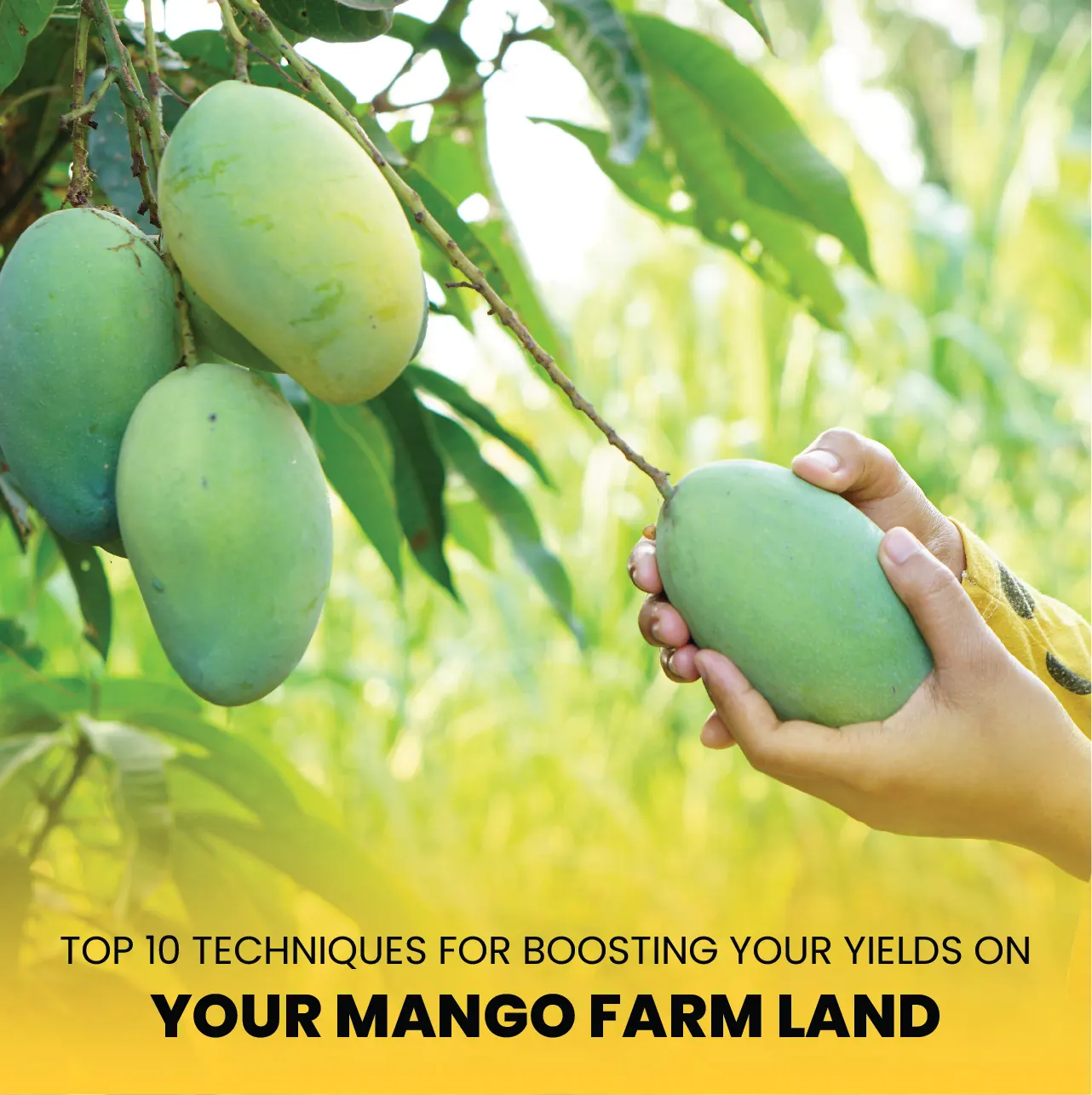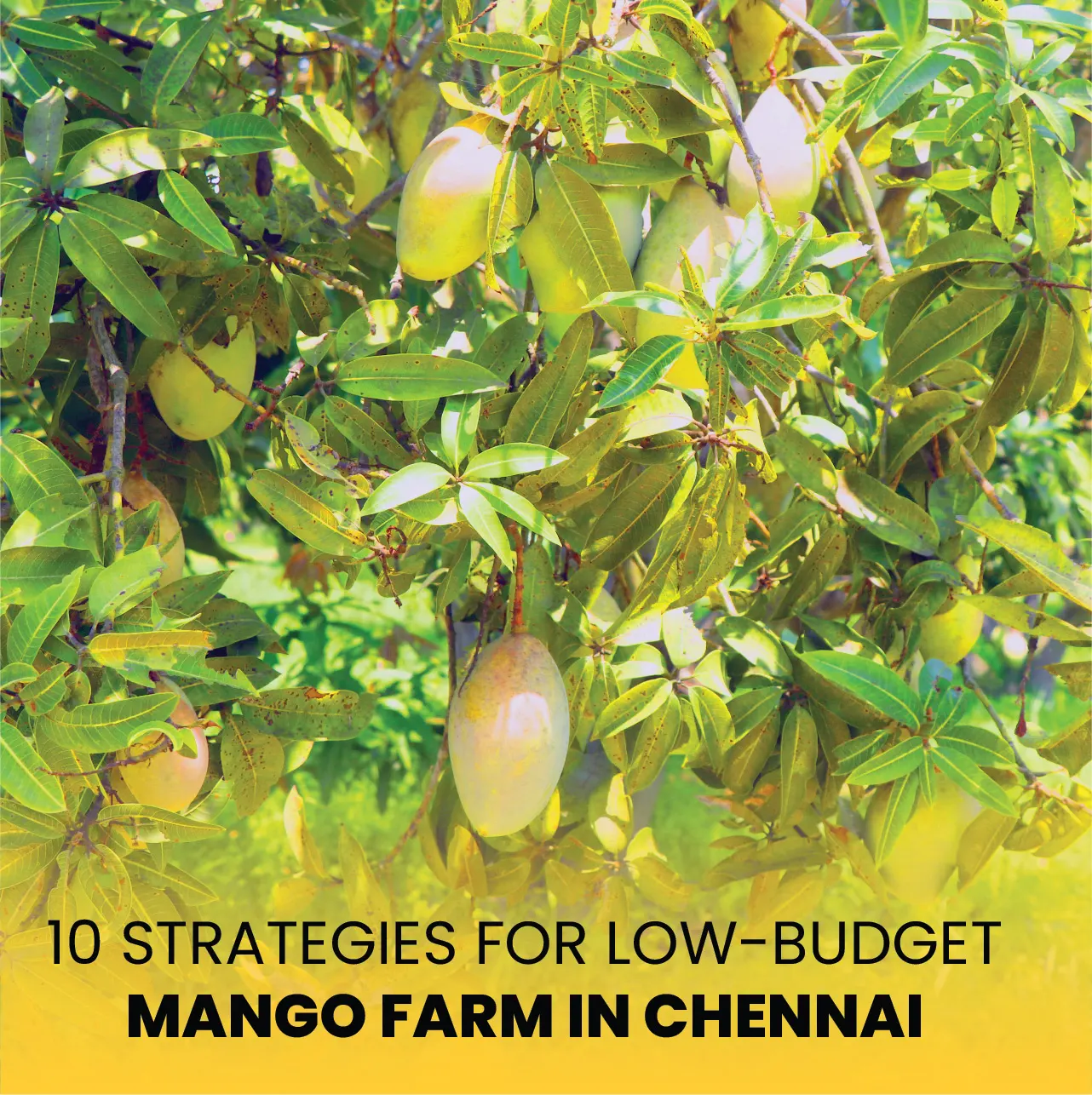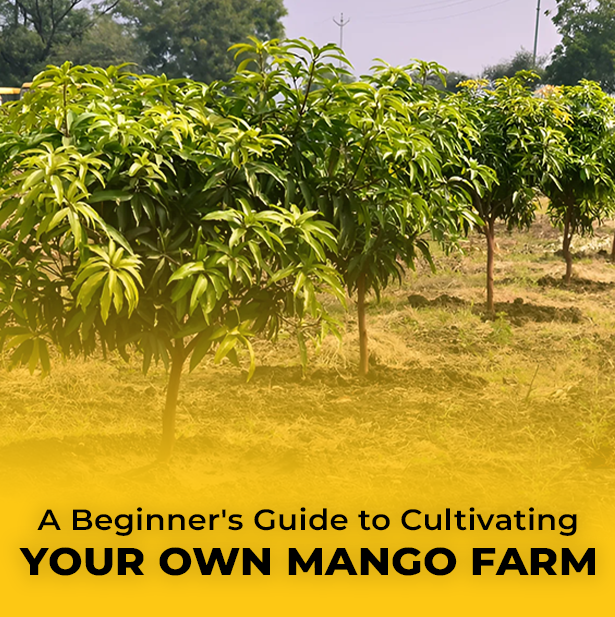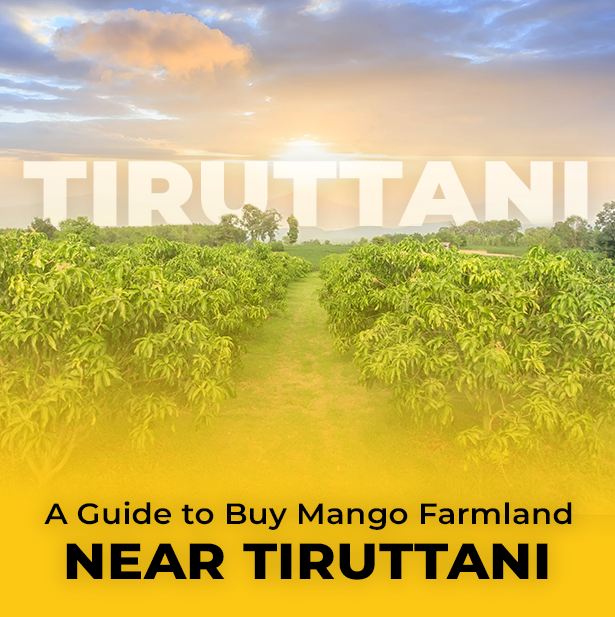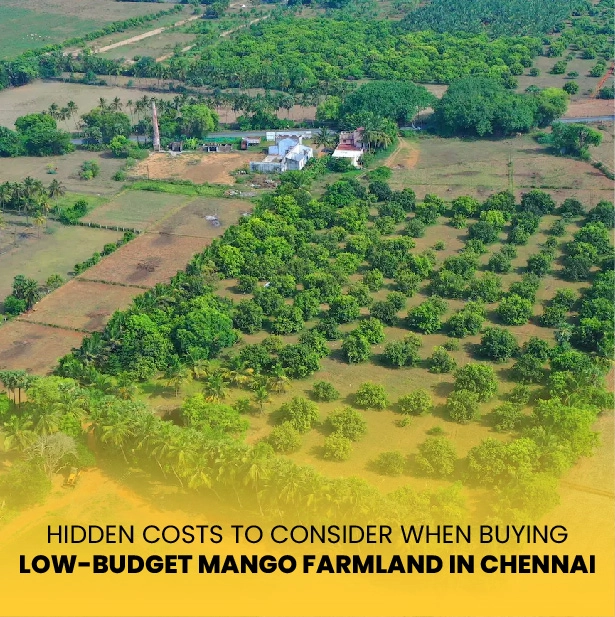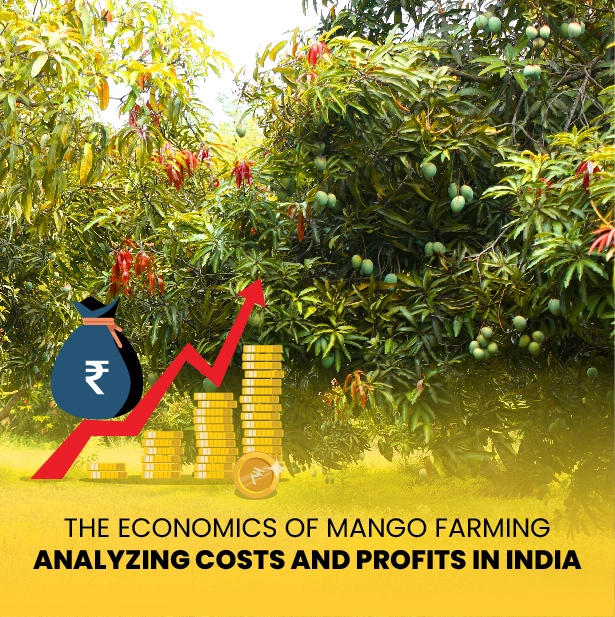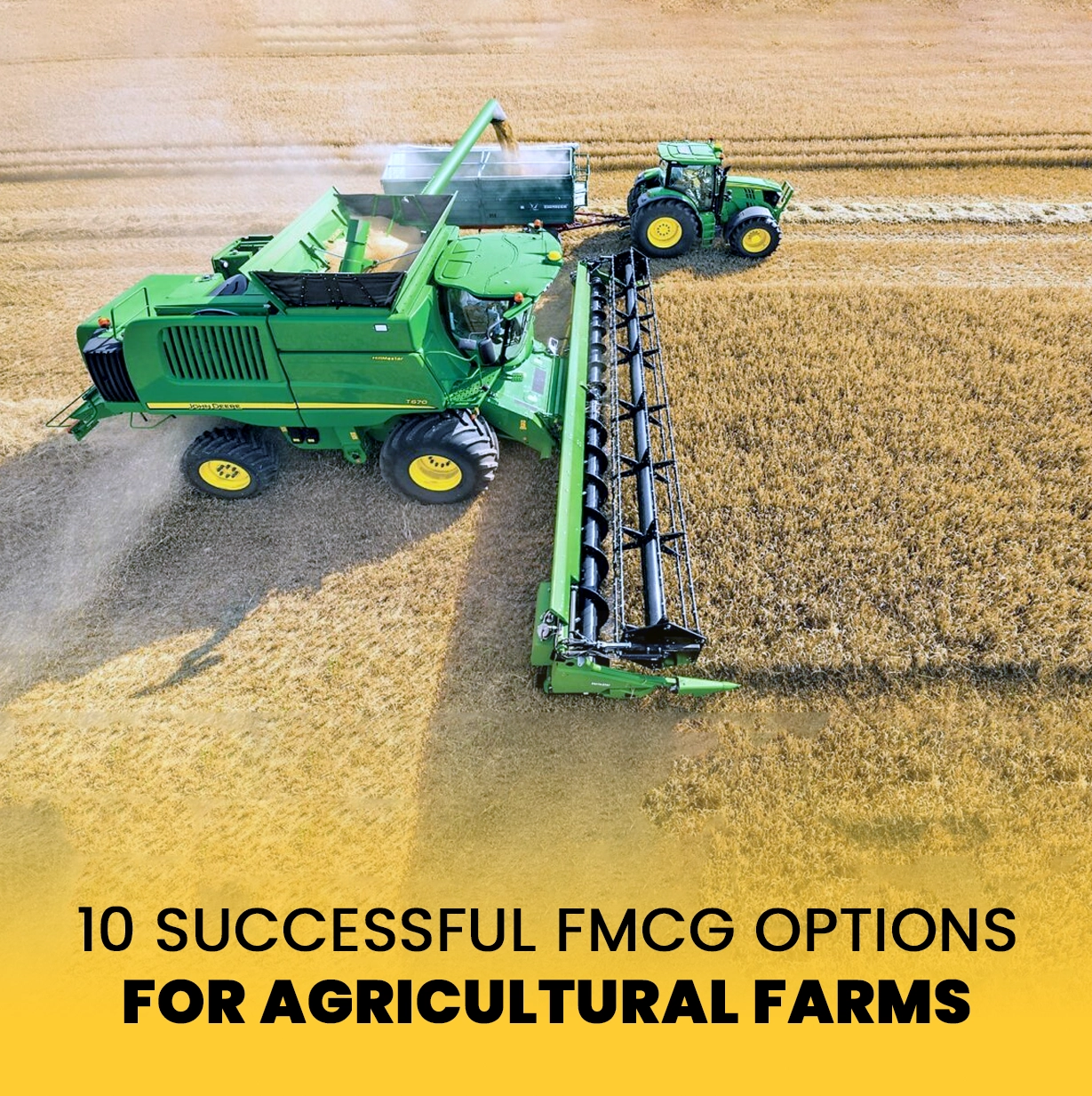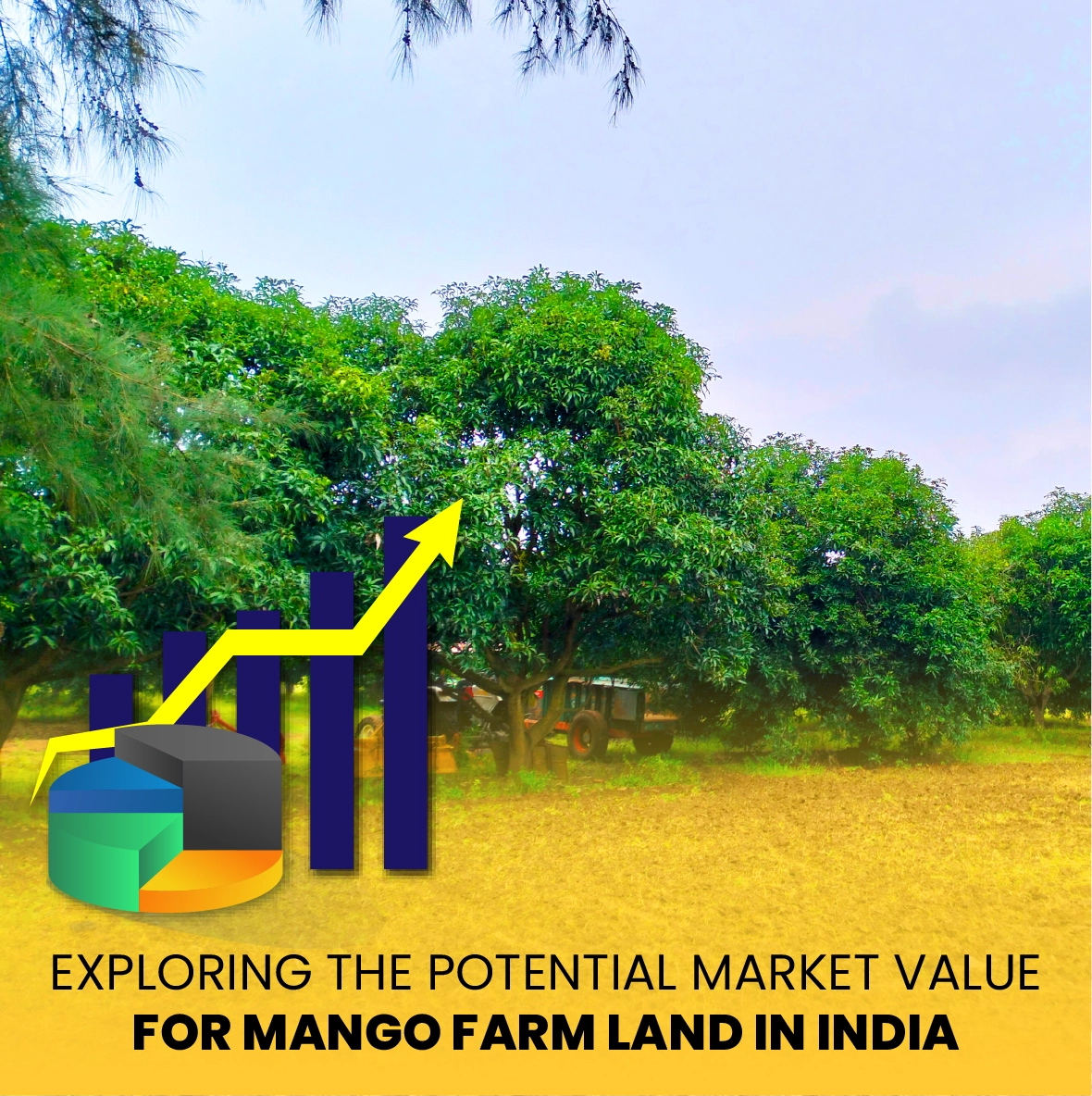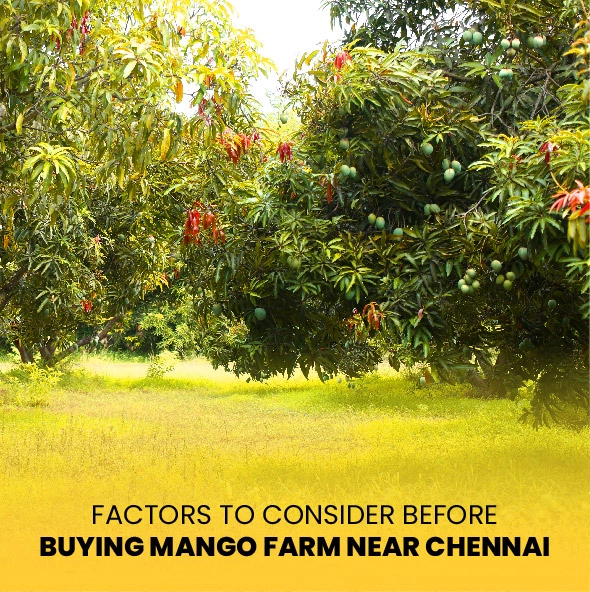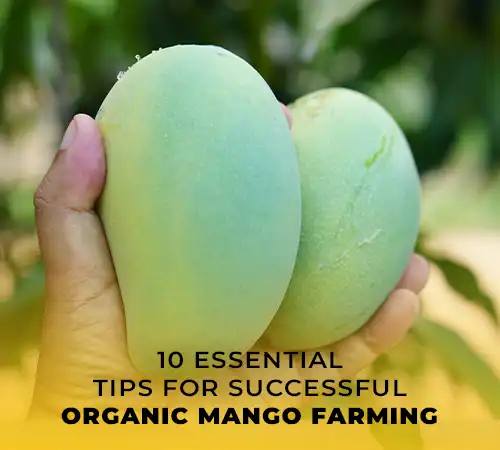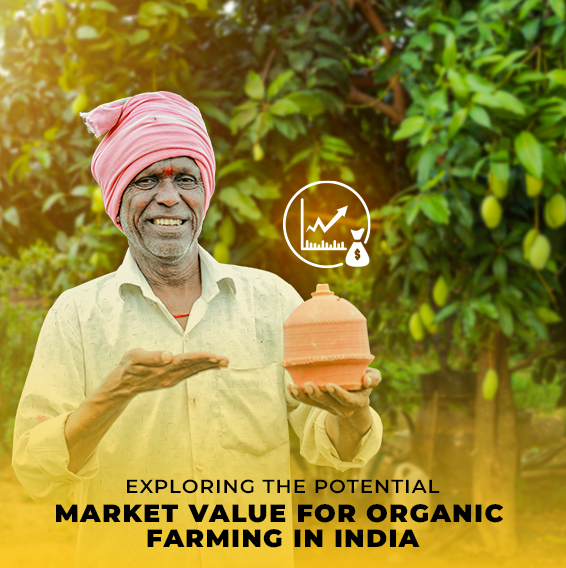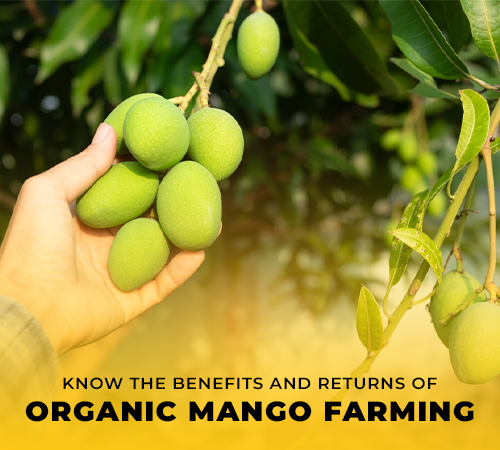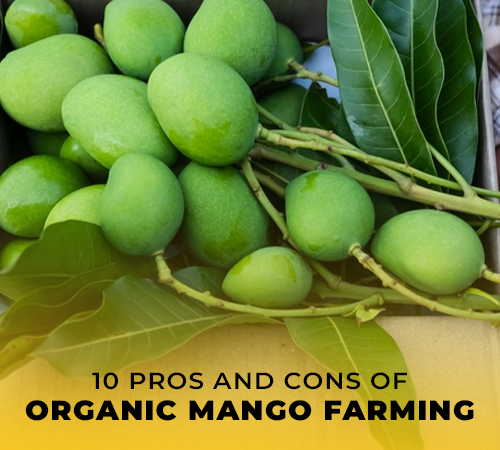Mangoes rich sweetness, vivid colour, and seductive tropical scent enthral the senses. They are a wonderful delight as well as a summertime and sunlight emblem. But selecting the best mango from a market full of choices can be difficult, particularly considering every type has special qualities. Looking beyond simply the colour can help you to guarantee that you bring home the ideal mango by considering several important criteria. This thorough guide will enable you to start shopping smartly for mango.

One can find deceiving colour in a mango. While certain varieties, such as the Kesar or some green-skinned ones, don't change colour considerably, others, such as the Alphonso, get a deep golden hue as they ripen. One widespread belief is that a vivid, brilliant colour indicates the mango is ripe immediately. Actually, some mangoes stay green or have a faint colour even at their best of ripeness. For example, the Kesar mango could seem greenish with just faint yellow undertones, but it might be absolutely ripe and mouthwatering. Familiarizing yourself with the particular colour traits of the kind you are buying will help you to choose the ideal mango. This understanding will enable you to choose ripe mangoes depending on more than simply their external look.
The feel test is among the most consistent ways to find a mango's degree of ripeness. A ripe mango should yield somewhat when you gently press the flesh close to the stem with the palm of your hand. This little softness suggests that the fruit is almost edible. Mangoes probably need more time to ripen if they feel hard or unyielding. Conversely, if the fruit is very soft or mushy, it could be overripe and maybe ruined. The secret is to use just enough pressure to feel the give of the fruit without damaging it. A basic but efficient approach to making sure you are choosing a mango at the ideal ripeness is the feel test.
One of the best ways to tell a mango is how it smells. Particularly close to the stem end, a ripe mango should smell sweet. This fragrant indication implies that the fruit is suitable for eating since its sugars and tastes have completely matured. Should the mango smell weak or unpleasant, it could not be ripe yet. On the other hand, a sour or fermented edge on the scent can suggest that the mango is overripe and might not taste as fresh. Following your nose will help you to find the most delicious mangoes since their scent directly reflects their ripeness.
Though it's a sometimes disregarded yet important determinant of mango quality is weight. A ripe mango's weight for its size is a good clue that it is juiced-filled. When comparing mangoes, gather a handful and weigh them in your hand. The juiciest and most flavorful one relative to its size is probably the heaviest one. A smaller mango might be dried out or underripe, which would make eating less appealing. Usually with more satisfying bites and a higher juice content that improves their whole taste, heftier mangoes are better.
Looking at the surroundings of the mangos stalk could give more hints regarding its ripeness. Usually around the stem, a ripe mango has a somewhat elevated or mushy section. As fruit ripens, this is where it begins to soften. The stalk itself should be whole and not shrivelled since a dry or shrivelled stem can suggest that the mango is overripe or has been off the tree for too long. Should the stem be green and strong, the mango might still require additional time to develop. Without cutting into the fruit, the stalk test is a subtle but useful method of gauging its readiness.
Still an important factor is the mango's skin's look. While little imperfections could be natural and have no bearing on the flavour of the fruit, deep cuts, severe wrinkling, or other marks of overripeness, spoiling, or damage during handling point to these things. Try to select mangoes with smooth, even skin free of significant flaws. Although little marks could be benign, a mango with perfect skin is more likely to be of greater quality and will probably have better taste and texture.
Depending on their kind and the area of growth, mango seasons differ. Your chances of selecting the freshest and most delicious mangoes will be greatly enhanced by knowing these seasonal tendencies. For instance, while the Haden variety may be more easily found from April to July in India, Alphonso mangoes are usually in season from March to June. Purchasing mangoes at their freshest guarantees not just better taste but also better availability and pricing. Mangoes imported or kept for long periods of time off-season could have different taste and quality. Monitoring the seasons for several types of mango will enable you to choose the best one available at the market.
Ask a seller for guidance if you're not sure which mangoes to buy. Knowledgeable suppliers can provide insightful analysis of the best varieties of mangoes they have on show, including maturity and flavour. They might also offer advice on how to ripen mangoes if they aren't quite totally ripe or how to keep them at home. Talking with the vendor improves your buying experience and provides a chance to learn more about this favourite fruit in addition to guiding your choice. Many times informed about the food they offer, vendors can help you find the greatest mangoes available right now.
By using these tips, considering colour, feeling for softness, examining aroma, weight, stalk, and avoiding blemishes, you can boldly choose the best mango available at the market. Flavour the wonderful flavour of perfectly ripe mangoes and appreciate the tropical beauty!
